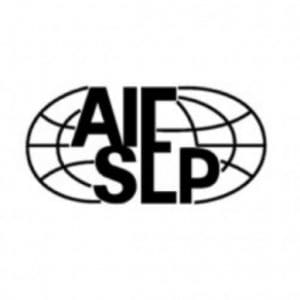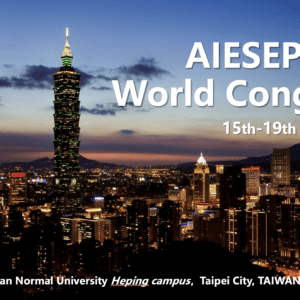The HK Situation
Physical education (PE) is one of the eight Key Learning Areas in the Hong Kong school curriculum. However, it is recommended by the Hong Kong Education Bureau that HK primary schools should allocate at least 80 minutes/week to PE lessons (The Education Bureau, 2017), which is reasonably less than the recommended PE time in western countries (e.g., Canadian: 150 minutes/week for kindergarten to grade 12, Physical & Health Education Canada, 2014; European: 120 minutes/week for primary school, Schola Europaea, 2006). Due to the competitive assessment nature of the HK education system, “good” students in PE tend to be the ones that jump higher, run faster, or shoot better. Consequently, many students who do not measure up in competitive advantages disregard PE and find it both monotonous and boring (Ha et al, 2010).
PE researchers at The Chinese University of Hong Kong
While the test- and sport-elite-focused nature of PE may be difficult to alter in a Chinese context, Professor Ha and her team at the Sport Pedagogy & Physical Activity Assessment Laboratory (SPPAAL; Department of Sports Science and Physical Education, Chinese University of Hong Kong; https://www.spe.cuhk.edu.hk/eng/research.asp?pageid=40) have been working hard on designing and evaluating interventions aimed at increasing schoolchildren’s interest in PE and PA levels. These interventions touch on areas such as teaching and learning, curriculum and design, continuing professional development and broader social and educational issues that pertain to PE. The team firmly believes that children’s participation in PA will increase if we make exercise and PE lessons more fun.
Moreover, the SPPAAL team is also aware of groups of children that may require special attention. They have been particularly interested in devising solutions (i.e. interventions) to address low PE/PA participation caused by gender differences (e.g., girls tend to be less engaged in PE lessons than boys) or lack of support for students with special education needs (SEN). These themes are also highlighted in the “Quality Physical Education” document published by The United Nations Educational, Scientific and Cultural Organization (UNESCO).
Large scale research-driven community project – Fun to move @JC
Altogether, the SPPAAL team has come a long way in reshaping PE in Hong Kong. Very recently, the team kicked off one of the largest ever PE project in Asia – “Fun to move @ JC”. The project is sponsored by the city’s biggest charity body, The Hong Kong Jockey Club (HKJC). “Fun to move @JC” is a research driven community project that aims to increase primary schoolchildren’s PA via a multicomponent intervention. The project takes on a whole school approach that recruits all students and teachers from 35 local primary schools. As parents are also important social agents for their child, parents are also invited to join the program. Altogether, a total of 30,000+ schoolchildren and 30,000+ parents are involved. Intervention components of the project include state-of-the-art initiatives such as the use of information technology like activity trackers and big data analytics, as well as traditional methods including teacher training, activity classes and more. The team will be presenting the rationale and protocol of the intervention at AIESEP 2018, stay tuned!


